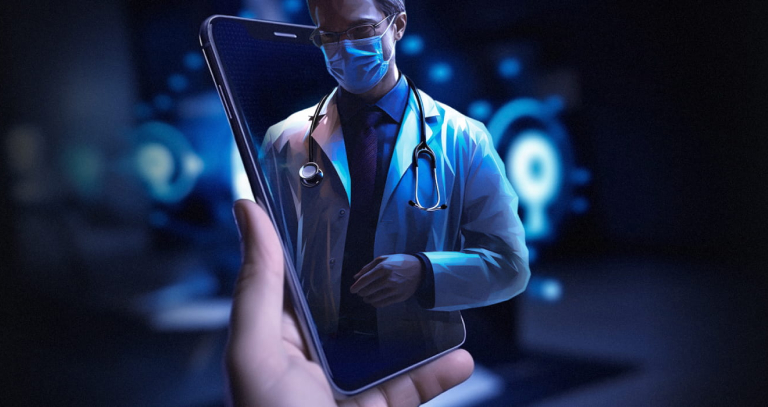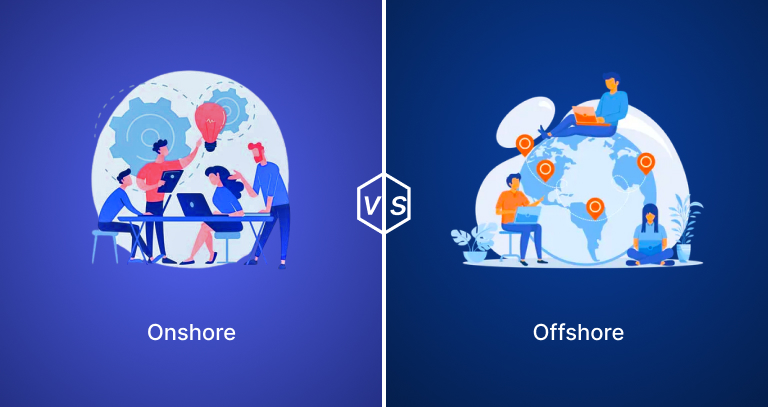What Does the Future of Healthcare Technology Look Like
Ditstek Blogs
The healthcare industry is on the cusp of transformation as technologies evolve to change the way we give and receive care. With each year passing, new healthcare innovations are being introduced, creating excitement among medical professionals, healthcare service providers, and patients alike. We have TeleMedicine and TeleHealth solutions that allow patients to receive personalized medical care remotely. Healthcare software solutions improve connectivity between medical practitioners, healthcare institutions, and patients, which results in improved healthcare outcomes. Robust healthcare systems, like EHR, RPM, etc. allow HIPAA-compliant sharing of patients’ care plans or medical history, so the provider can make an accurate diagnosis and develop an effective treatment plan.
And, believe us. This is just the dawn of healthcare innovation. The future of healthcare holds a lot of possibilities and health tech has a pivotal role to play in it. In this blog, we’ll discuss what the future could hold for the healthcare industry. Before that, it’s worth acknowledging some promising innovations that have changed healthcare for the better.
Healthcare over the last Decade
The healthcare industry has undergone a massive change over the last decade. Let’s have a look at what has changed in the healthcare landscape-
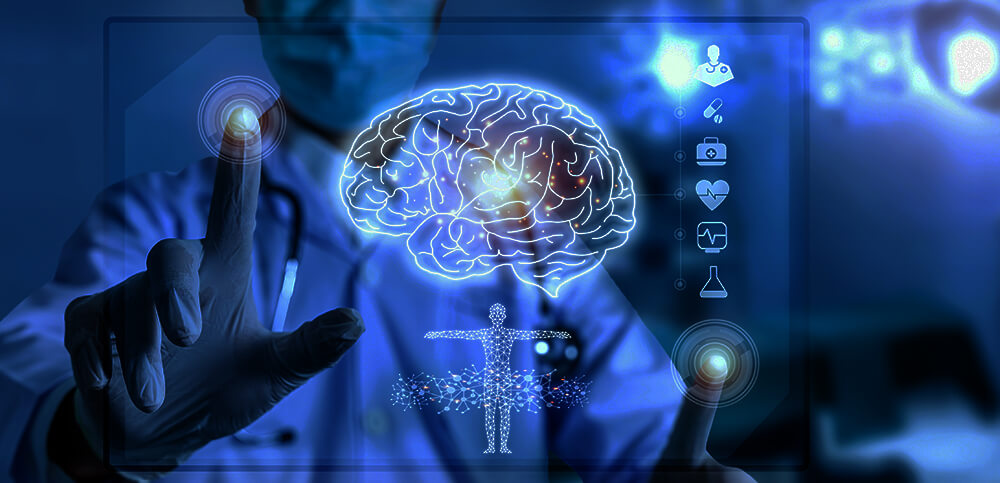
Use Of Digital Technology Skyrocketed
Since technology has advanced at lightning speed, it’s no wonder that more sophisticated systems have changed healthcare delivery and outcomes. Health tech has improved healthcare access for patients and physicians. However, a decade ago, health tech like data tracking software, billing software, etc. was still under question. Today, we see the widespread use of technology that streamlines healthcare workflow and improves results.
Healthcare Analytics at The Forefront
With the widespread use of EHRs or healthcare analytics, process improvement was realised. By offering insights into patients' records, hospital management, diagnosis, etc., the implementation of healthcare analytics has provided so many opportunities for improving healthcare processes as well as results.
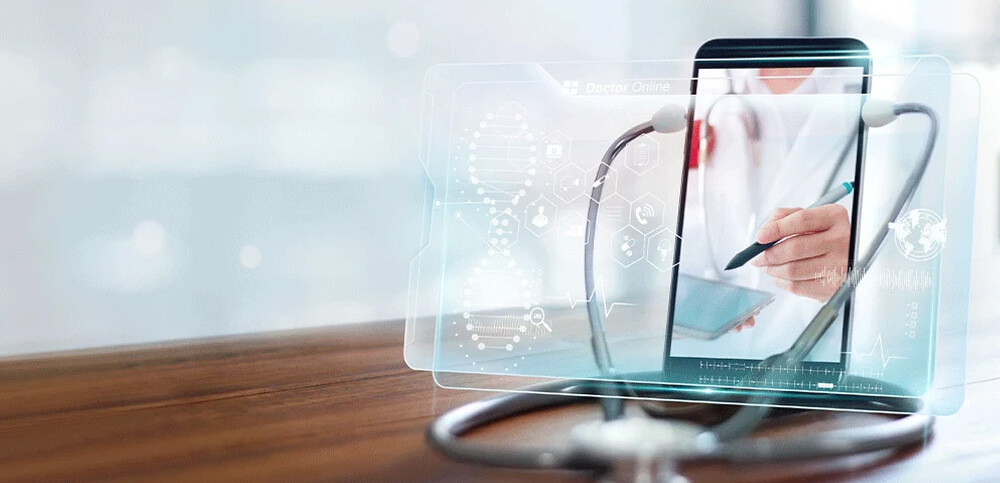
Telemedicine Has Gained Traction
Though the concept of telemedicine was not new, the need to be able to give or receive quality care was the main focus, especially amid the pandemic. As a result, the increased use of CMS expanded the use of telemedicine, giving more flexibility to ensure continued quality care. Furthermore, this trend is here to stay and will boom in the coming years.
Value-Based Care in Full Swing
The value-based care model is the future and is not going anywhere soon. Not only does it allow physicians or facilities to improve patient outcomes, but it also cuts down spending on any superfluous treatment.
What Does the Future of Healthcare Look Like?
Here are some most important tech advancements that will influence the future of healthcare-
The Transition to Care at Home
The transition from the care provided in hospitals to care at home is the most significant trend that will likely rule the future in the healthcare landscape. Innovative tools, like EHR, PMS, telehealth, etc. that allow doctors to monitor patients’ vitals make this possible. As a result, it will decrease patient footfall to hospitals, streamline the workflow, and provide healthcare staff with much-needed time back.
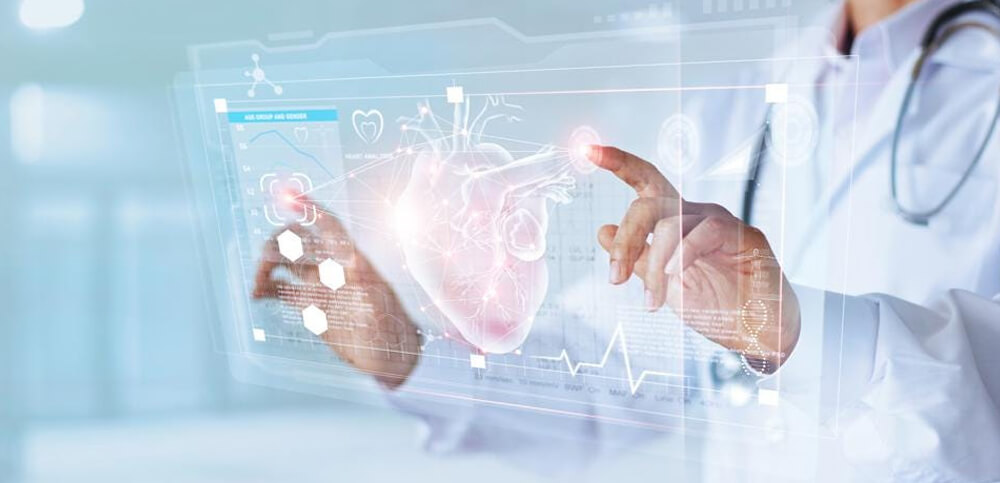
Virtual Care
Telehealth and telemedicine have been a huge help in providing access to care for people. In addition to episodic treatment, telehealth will continue to improve healthcare results, like the management of chronic illness, mental health services, specialty care, etc. Besides, EMRs have been helpful as they can be accessed wherever needed. As the majority of patients seek a second opinion, a doctor can access the patient’s history, diagnoses, test results, etc. This allows for more accurate, and precise treatment.
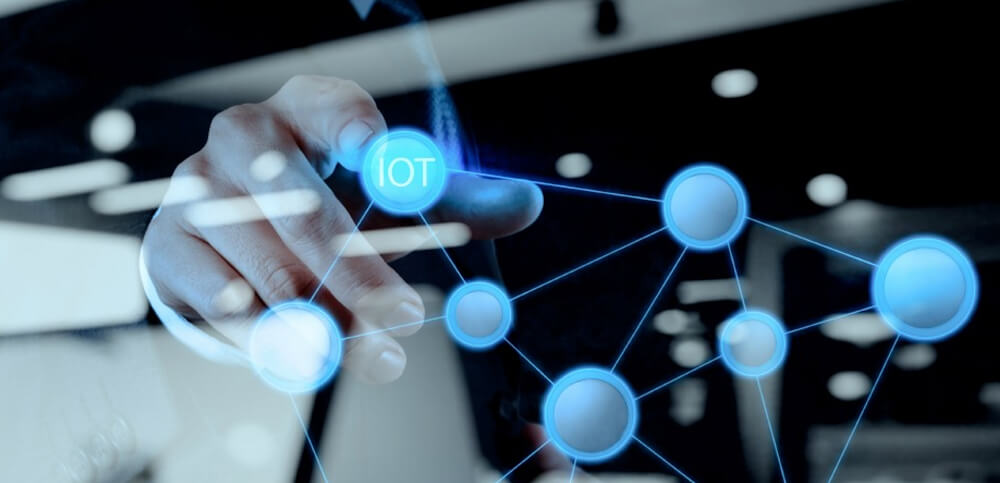
IoT (Internet of Things)
IoT brings together engineering and healthcare. For example, IoT has revolutionized the healthcare sector by connecting systems or devices used by people across the globe. This everyday advancing technology is propelling top-notch life-improving solutions that will benefit the healthcare industry.
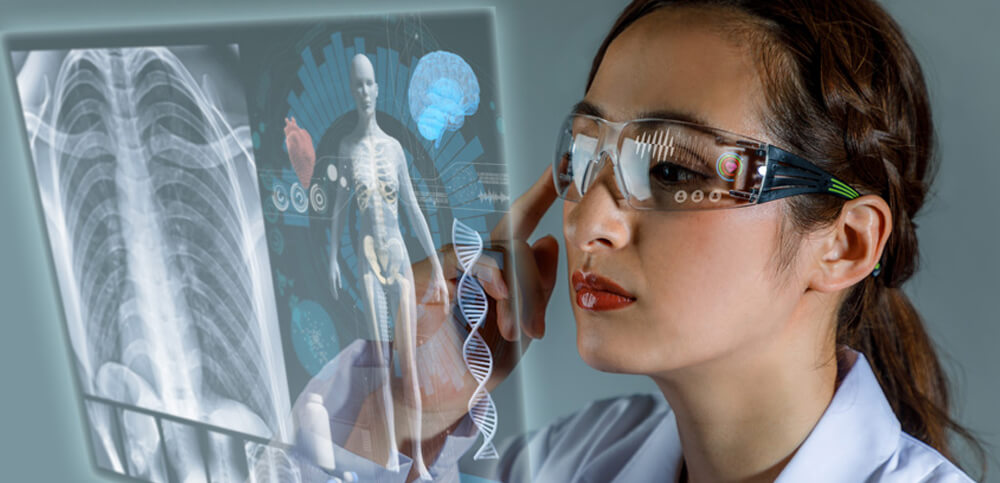
Augmented Reality
In the case of Augmented Reality, users don’t touch reality; however, it puts information into the eyes fast. These amazing features make AR a prime driving force in the future of medicine. For medical professionals, it can help students prepare for real operations or allow surgeons to hone their capabilities.

Growing Investment in Health Tech
It was during the pandemic that we realised the need for real-time, accurate data, as well as a robust healthcare system that can allow us to do so. Health tech not only helps us with data collection, but it is also important for data analysis and management. Today, we have tools that can be used to track patients’ health records and generate critical considerations. Disruptive technologies, like AI, Machine Learning, big data analytics, blockchain technology, etc. can transform the healthcare industry completely. Thus, we can see more people investing in the digital health market or health tech.
Conclusion
Clearly, we are all living in a revolutionary time for healthcare. Thanks to the advancement in health tech. Not only will health tech solutions help treat patients and cure illnesses, but they will also boost the morale of people. This is where Ditstek Innovations come in!
We are a custom healthcare software development company with years of experience delivering scalable healthcare solutions to organisations. If you are interested in creating some innovative healthcare software, or you have an idea that you want to bring to life, you can reach out to us at info@ditstek.com.

Nidhi Thakur
With more than 19 years of experience - I represent a team of professionals that specializes in the healthcare and business and workflow automation domains. The team consists of experienced full-stack developers supported by senior system analysts who have developed multiple bespoke applications for Healthcare, Business Automation, Retail, IOT, Ed-tech domains for startups and Enterprise Level clients.
Recent Posts
Get in touch



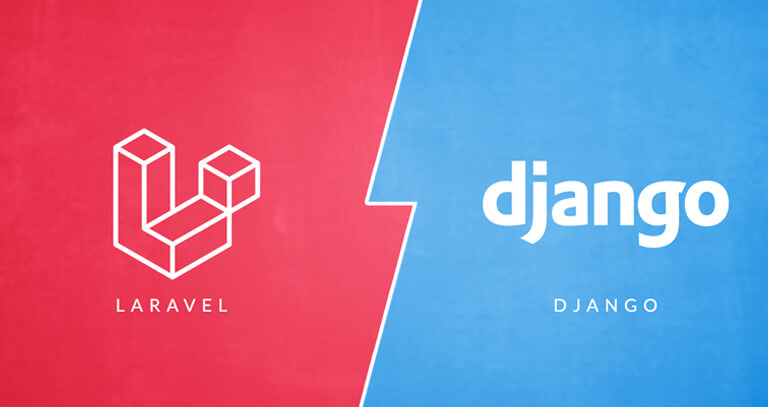
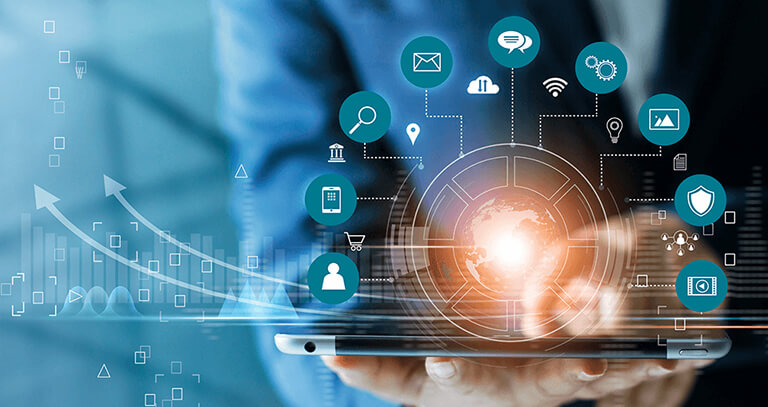
.jpg)

